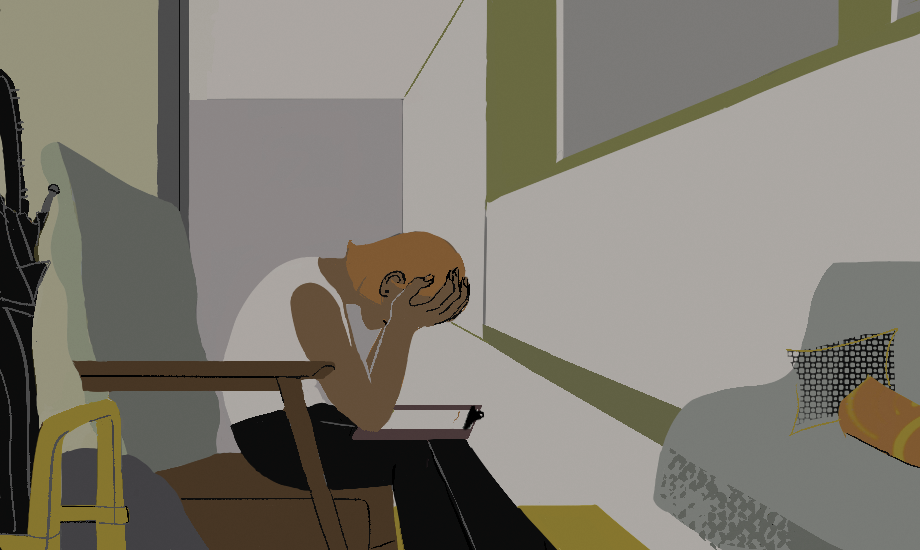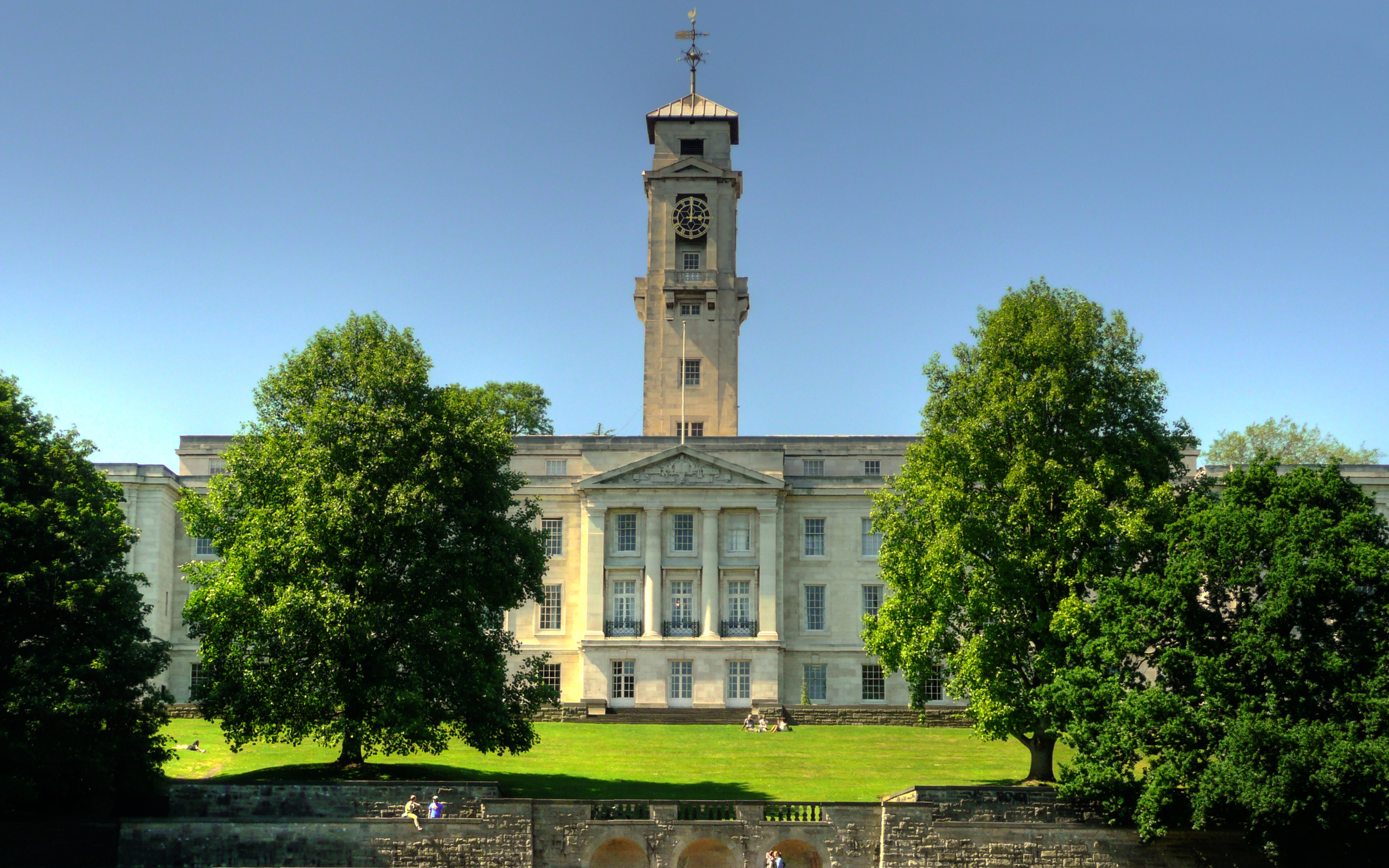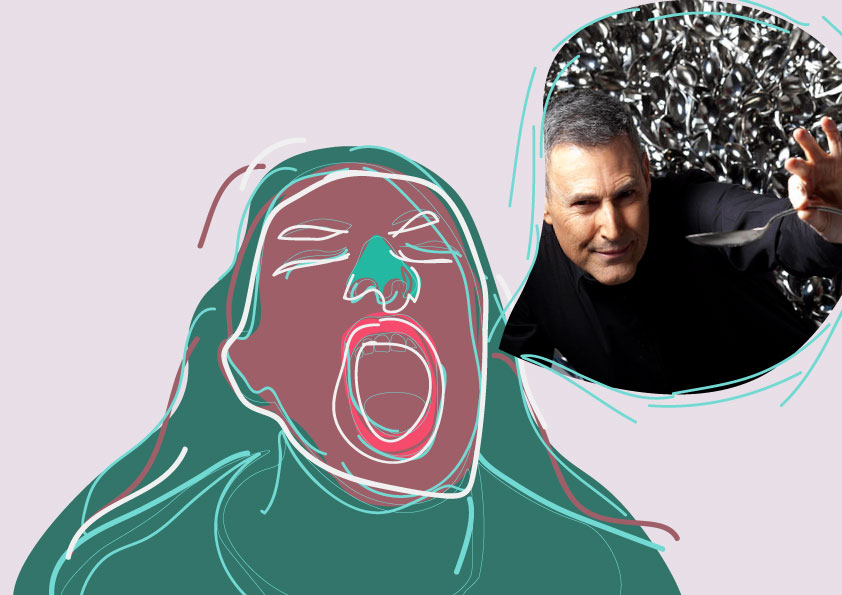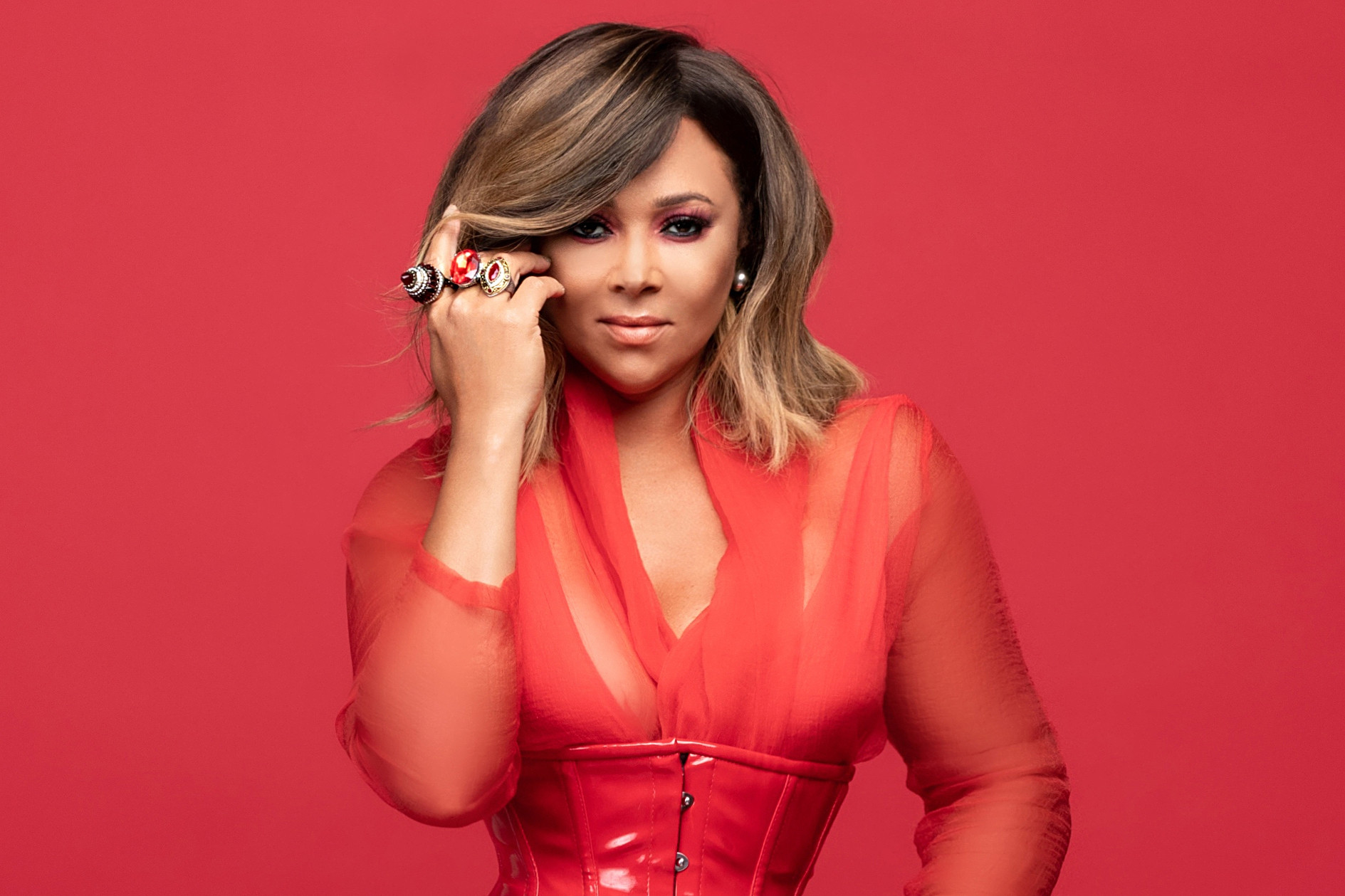
Will #metoo help men understand sexual violence?
Joanna Sing and Aditi Shivaramakrishnan
22 Oct 2017
Last Sunday, in the wake of numerous rape and sexual harassment allegations against American film producer Harvey Weinstein, former Charmed actor Alyssa Milano tweeted a screenshot reading “If all the women who have been sexually harassed or assaulted wrote ‘Me too.’ as a status, we might give people a sense of the magnitude of the problem”. Ever since, social media has been flooded with a simple “#metoo”, as well as personal accounts of sexual harassment and assault. Looking at my feeds, the movement seems only to be gathering speed.
The value of solidarity is real, and to see women connecting the dots between their own experiences and others to realise actually, this was not my fault and is not my shame to bear is beautiful. When actor Lupita Nyong’o shared her terrifying experience of Weinstein inviting her to his family home for a “film screening” that never was, she wrote:
“Now that we are speaking, let us never shut up about this kind of thing. I speak up to make certain that this is not the kind of misconduct that deserves a second chance. I speak up to contribute to the end of the conspiracy of silence”.
“If we are to ever end sexual violence, it is vital that we create a climate in which victims can speak up – and be believed”
If we are to ever end sexual violence, it is vital that we create a climate in which victims can speak up – and be believed.
The belief bit is where I find #metoo a bit tricky.
Milano encouraged us to shout “me too” to “give people a sense of the magnitude of the problem”. While many women have found #metoo an empowering outlet, I wonder if it is fulfilling Milano’s original purpose.
As women, we know about sexual violence. We ask each other for a “text when you get home”, and worry when we don’t hear from a friend after a night out. We have friends who are in relationships with men that we wish they weren’t, often for their wellbeing but sometimes for their safety, too. We’ve been in these relationships ourselves. It remains bloody difficult to talk about personal experiences of sexual violence, but the knowledge that is exists and is persistent and entrenched in so many areas of our lives exists already. We perform the fear in our daily lives and, sadly, don’t find it that shocking. So when Milano wrote that we might “give people a sense of the magnitude of the problem”, she surely does not mean “people” so much as “men”.
“Women have been talking about sexual violence for years”
Women have been talking about sexual violence for years. “Me too” was actually originally coined 10 years ago by Tarana Burke, as a “grassroots movement to aid sexual assault survivors in underprivileged communities” in the USA – you can check out her organisation’s website here. In terms of the UK, “Reclaim the Night” marches began in 1977, organised by the Leeds Revolutionary Feminist Group to “take collective action against rape and male sexual violence against women”, following local tensions with the police force after they responded to women’s’ fears of compromised safety in the era of Peter Sutcliffe (the “Yorkshire Ripper”) by telling them “not to go out at night”. Since 2004, the London Feminist Network has organised the marches. Globally, “Hollaback!” exists as a “people-powered movement to end harassment”, with a London branch that’s been in existence since 2010. The “Hollaback!” site allows women and people who identify as LGBT+ to share experiences of harassment. The organisation also leads workshops, runs events,a publication and works with organisations including nightclubs to secure women’s safety. Given that these are just a handful of initiatives combating and highlighting sexual violence, it seems safe to say that before #metoo there’s not been a shortage of women’s voices highlighting sexual violence, which begs the question – why is #metoo still necessary?
It can feel like it’s got to a point of saturation with talking about sexual violence – we’ve talked about it so much, laid our feelings and experiences out for consumption so often (which is painful and exhausting), and yet still aren’t believed. If you can read through all the #metoo posts on your social media, I guarantee you’ll find at least one written in such grisly detail that you’ll wonder why a woman must painfully regurgitate her trauma as if it were her own sin in order to be believed? Do men value our word this little?
But it’s not even like very detailed accounts of violence against women are scarce; in the past few years we’ve seen a huge amount of interest in the true crime genre, triggered perhaps by the 2015 podcast Serial. Serial re-investigated a murder case from 1999 in which high-school student Adnan Syed is convicted of murdering his ex-girlfriend, Hae Min Lee. The presenter, Sarah Koenig, interviewed Syed from prison and successfully reopened the case. It was grisly but gripping listen. Significantly (but somewhat brushed over in the podcast) Lee’s family declined any involvement in the documentary.
“The real danger of men has become so normalised that it’s actually entertainment”
Making a Murderer followed Serial, as did The Jinx, The Keepers, The Witness, Amanda Knox… you can’t log onto Netflix without being invited to watch a “chilling true crime thriller revolving around the rape and murder of a young woman!”… It seems pretty odd that we might tweet about #metoo, then in our downtime plug into a podcast or watch a true crime documentary for entertainment, lapping up the manipulation of law and relationships and ultimately forgetting the dead woman at the heart of the scenario. I’m wholly guilty of it too. When the real danger of men has become so normalised that it’s actually entertainment, I wonder if sexual violence has been elevated to this otherworldly, exciting plane, where it exists and it certainly is bad but it’s also as distant and alien as Dance Moms.
Whether tales of male violence are shared on screen, on social media, or down the pub, I think it’s pretty clear of one thing: there is no shortage of these experiences for people to listen, should they want to. It’s possible that men don’t believe in sexual violence as a climate rather than isolated incidents because they struggle to see themselves, or their friends, as potential aggressors. Until this realisation hits, men will not understand that male violence is part of a culture of misogyny that needs to be called out and crushed at every opportunity – whether it’s shutting down a sexist joke or taking action when witnessing sexual harassment or assault. Sadly, until then, I think we can shout #metoo until our throats are sore to pretty much no avail.









